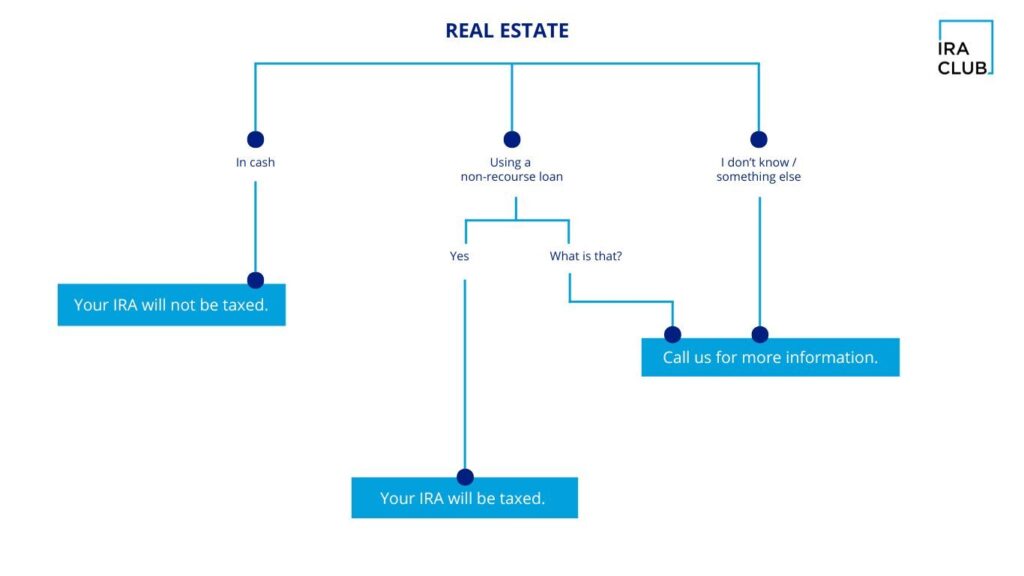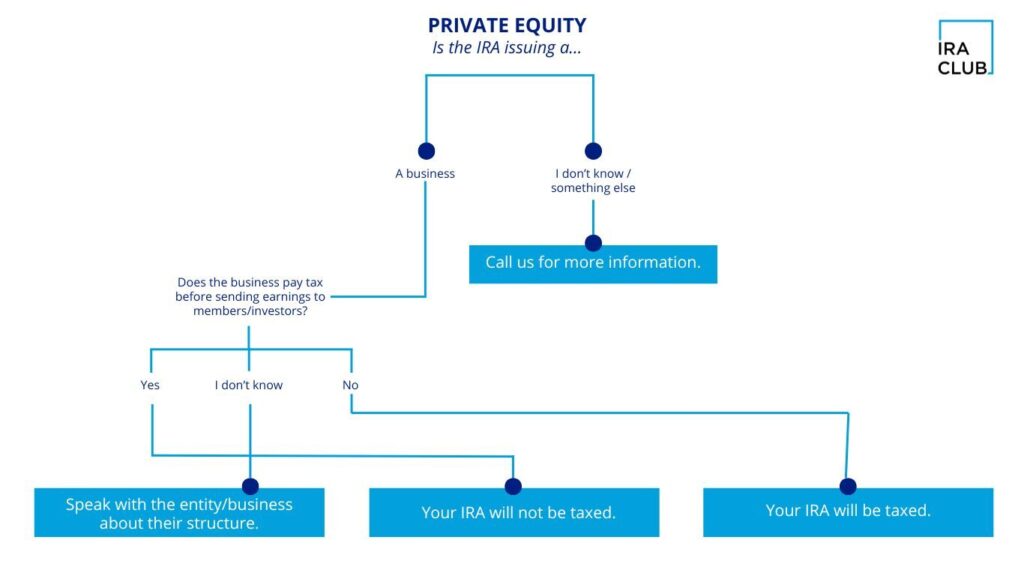When exploring self-directed IRA options, many investors face a crucial decision: Should they choose a Checkbook Control IRA or a custodial self-directed IRA? As retirement planning becomes increasingly complex, understanding these two IRA structures can make a significant difference in how you manage your investments.
Let’s cut through the noise and explore both options without the sales pitch you might get elsewhere. After all, your retirement deserves careful consideration, not a rushed decision.
Understanding Self-Directed IRAs: The Basics
Before diving into the specifics, it’s important to note that “self-directed” is just a marketing term, as you’ve probably heard. A self-directed IRA is federally regulated the same as a “traditional” IRA at a public custodian like Fidelity or Charles Schwab. The difference? Self-directed retirement accounts give you more control over your investment choices compared to “traditional” IRAs, allowing you to invest in alternative assets like real estate, private companies, and precious metals. So, what’s the main difference between a custodial self-directed IRA and a Checkbook Control IRA? How much control you have.
Custodial Self-Directed IRA: Professional Oversight Meets Flexibility
A custodial self-directed IRA combines investment freedom with administrative oversight. Here’s how it typically works:
- Once your account is open and funded, you’ll begin seeking your first investment opportunity. Choose one that you feel you understand best. Here are some things to keep in mind:
-
- Do your due diligence for any investments or people you’re considering doing business with.
-
- Ensure you have enough funds in your IRA to cover the cost of the investment and any expenses or fees (ex: attorney fees, closing costs, etc.). All funds must come from your IRA.
-
- Not sure where to start on your investment journey? Check out our Investment Survey on Investor’s Row.
- Once you find your investment, your IRA’s administrator (IRA Club) will review the investment documentation to ensure it is compliant with IRS rules and will not result in a taxable event for your IRA (AKA a blatantly prohibited transaction).
- Once the documents are in good standing, IRA Club will fund on behalf of your IRA. Congratulations! Your first investment has been funded. As the administrator of your self-directed IRA, IRA Club will also handle any administrative work for your IRA and its investments, as well as any IRS reporting.
Checkbook Control IRA: Direct Access and Immediate Control
Although still providing all the desired benefits of a custodial IRA, such as asset protection and tax advantages, a Checkbook Control IRA operates differently, giving you immediate access to your IRA funds through a dedicated bank account. This structure uses an LLC owned by your IRA accompanied by a designated bank account, allowing you to write checks directly from the IRA. The catch? You’re on your own as far as oversight goes.
With Great Power Comes Great Responsibility
Ultimately, the investment process generally remains the same as a custodial IRA; the biggest difference is that you wouldn’t have an administrator overseeing the administrative work that comes with ensuring your IRA is compliant. As the IRA owner, you will be responsible for everything, including document review, prohibited transaction analysis, and IRS reporting. These responsibilities, for some investors, are a worthy price to pay for the benefits a Checkbook IRA comes with. With a Checkbook IRA, you can:
-
- Write checks directly from your IRA.
- Make immediate investment decisions.
- Handle transaction documentation yourself.
For the well-versed investor, these responsibilities won’t be a deterrent. However, for the average investor, the responsibilities that come with the power of a Checkbook IRA might not be worth the trouble of accidentally blowing up your retirement with a prohibited transaction. After all, what do they say? With great power comes great responsibility.
Because of this, many investors also hire an attorney to handle the investment administrative work to ensure the IRA remains compliant. Just keep in mind that any attorney fees must be paid by the IRA and not the account holder.
At IRA Club, we are here to support you by providing comprehensive guidance to set up and maintain your IRA LLC in compliance with IRS regulations, including your own Meridian Bank checking account. If this sounds good to you, schedule a free personalized call with our new account specialist to discuss your goals.
Checkbook Control IRAs aren’t for everyone. Most of the time, the freedom to write a check doesn’t outweigh the responsibilities it comes with, when you could have an administrator handle all of that for you, typically at a cheaper cost. So, who benefits from them the most?
This structure particularly shines in specific scenarios:
- Tax lien auctions requiring immediate payment
- Real estate transactions needing a quick closing
- Investment opportunities requiring fast action
Unless your investment strategy aligns with these scenarios, you likely won’t need a Checkbook Control IRA, and that’s ok. A custodial IRA still has many benefits, including:
- Professional oversight reduces compliance risks
- Built-in transaction review process
- Experienced staff handling documentation
- Clear audit trail for all transactions
- Reduced risk of prohibited transactions
- Typically, at a lower set-up cost
So, Which Account is Right for You?
Both types of accounts offer strong benefits, so the decision relies on you and your investment goals. When deciding between these two IRA structures, consider:
Time Management
- Do you have time to handle administrative tasks?
- Are you comfortable managing IRS compliance?
- Can you stay on top of reporting requirements?
Investment Strategy
- What types of investments do you plan to make?
- How frequently will you be transacting?
- Do your investments require immediate funding?
Risk Tolerance
- How comfortable are you with IRA regulations?
- Do you prefer having professional oversight?
- What’s your experience level with self-directed investments?
IRA Club offers both custodial IRAs and Checkbook Control IRAs. Check out our pricing for both to aid in your decision-making.
The Bottom Line: Both Options Can Work
Both structures can lead to successful self-directed investing – the key is matching the structure to your needs.
- Open a Custodial Self-Directed IRA if you:
- Value professional oversight
- Want built-in compliance checks
- Prefer delegating administrative tasks
- Open a Checkbook Control IRA if you:
- Need immediate access to funds
- Have experience with IRA regulations
- Want to minimize transaction fees
- Plan to make frequent investments
Remember, the goal isn’t just choosing an IRA structure – it’s building a retirement strategy that works for your future. Take time to evaluate your options, ask questions, and make an informed decision based on your investment goals and preferences.
Whether you choose a custodial self-directed IRA or a Checkbook Control IRA, the key is to understand how each option aligns with your investment strategy and comfort level with self-directed retirement account management.
At IRA Club, we’re here to help you make the best decision for yourself. Schedule a free personalized call with our new account specialist or email [email protected] to discuss your goals and how either account can help you reach them.






